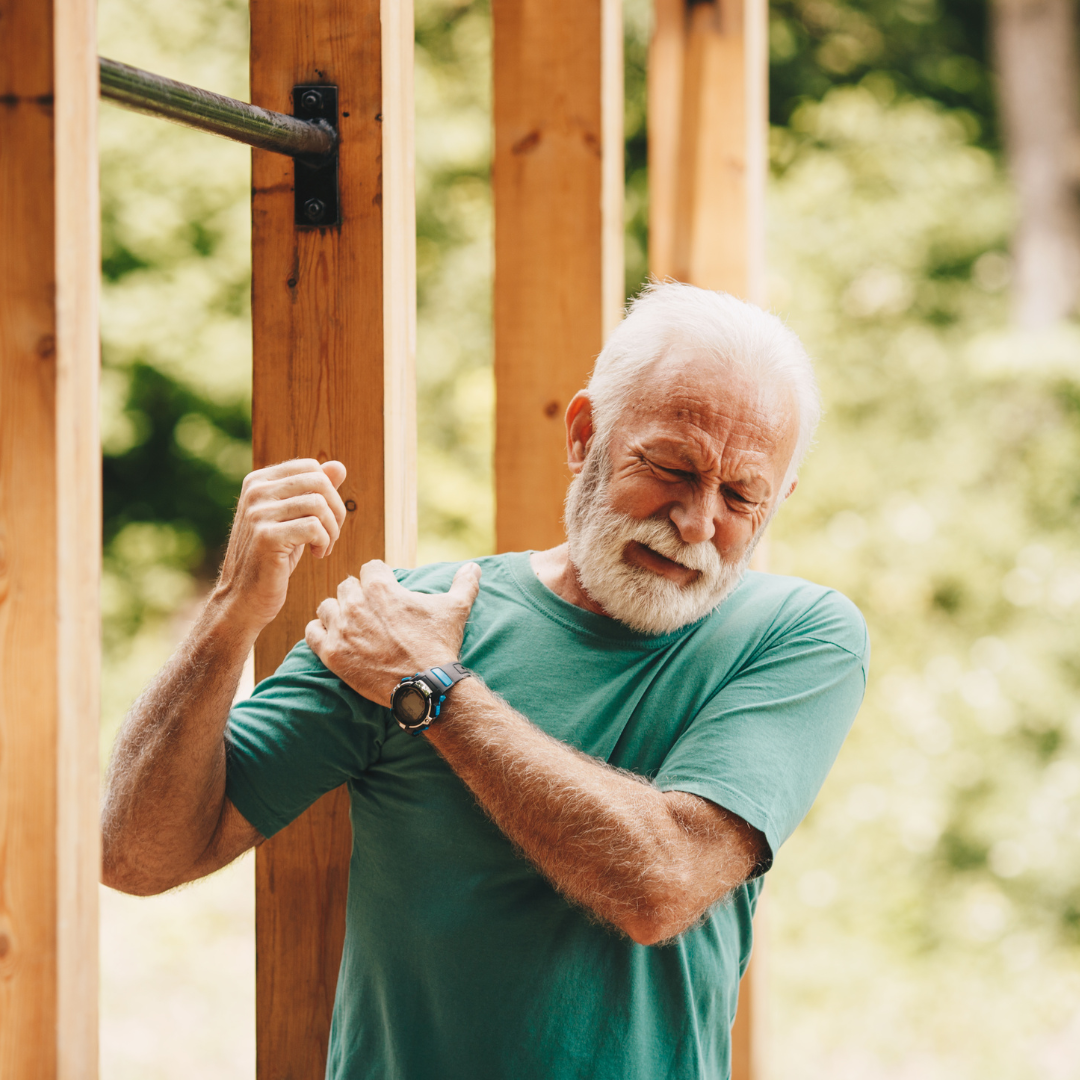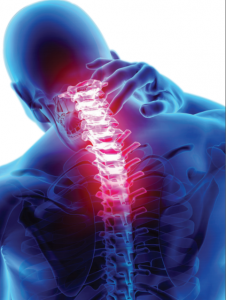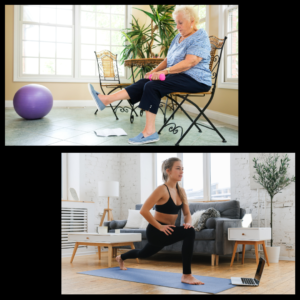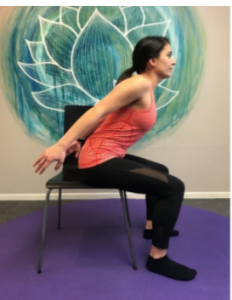As we age, it becomes increasingly important to prioritize our physical well-being and take proactive measures to prevent injuries. One area that requires special attention is our shoulders. Shoulder injuries can significantly impact our daily lives, limiting mobility and causing discomfort. In Shoulder Safety for Seniors, we will explore the shoulder injuries seniors are prone to and provide valuable tips on how to prevent them.
Rotator Cuff Tears
One of the most common shoulder injuries among seniors is a rotator cuff tear. The rotator cuff is a group of muscles and tendons that help stabilize the shoulder joint. Over time, the tendons can become weaker, making them more susceptible to tears. To prevent rotator cuff injuries:
- Engage in regular shoulder-strengthening exercises recommended by a physical therapist or fitness professional.
- Practice proper lifting techniques, using your legs instead of your shoulders and keeping the load close to your body.
- Avoid repetitive overhead motions and excessive strain on the shoulders.
- Maintain good posture, as slouching can contribute to shoulder instability.
Shoulder Impingement
Shoulder impingement occurs when the tendons of the rotator cuff become pinched or compressed between the bones of the shoulder. This can cause pain, limited range of motion, and inflammation. To prevent shoulder impingement:
- Warm up properly before engaging in physical activities or exercises.
- Avoid repetitive overhead movements that strain the shoulders, especially without proper technique or conditioning.
- Focus on maintaining proper posture throughout the day, avoiding rounded shoulders and forward head position.
- Incorporate regular stretching and strengthening exercises for the shoulders, emphasizing mobility and stability.
Osteoarthritis
Osteoarthritis is a degenerative joint condition that can affect the shoulder as we age. It occurs when the protective cartilage in the joints wears down over time, causing pain, stiffness, and limited movement. To prevent shoulder osteoarthritis:
- Maintain a healthy weight to reduce stress on the joints.
- Engage in low-impact exercises that promote joint health and flexibility, such as swimming or cycling.
- Practice gentle shoulder exercises to strengthen the surrounding muscles and improve joint stability.
- Consider implementing joint-friendly modifications and assistive devices when engaging in activities that may strain the shoulders.
Fractures and Falls
Shoulder fractures are more common in older adults, often resulting from falls or accidents. Preventive measures include:
- Ensure a safe home environment by removing hazards, improving lighting, and installing grab bars in bathrooms and showers.
- Engage in regular strength and balance exercises to improve stability and reduce the risk of falls.
- Use assistive devices, such as canes or walkers, if needed, to maintain stability and prevent accidents.
- Discuss any concerns or medications that may affect balance with your healthcare provider.
Results Physical Therapy’s FREE Online Sciatica and Lower Back Pain Workshop
Thank you for reading Shoulder Safety for Seniors. If you are experiencing shoulder pain, Results Physical Therapy is hosting a FREE Online Shoulder Pain Workshop on August 8th from 5:30pm – 6:30pm. This workshop will provide information on the causes of shoulder pain and offer practical tips on how to identify the source of your symptoms. The workshop will be led by a master physical therapist with 40 years of experience and is open to anyone who is interested in learning more about shoulder pain and improving their quality of life.
To register, visit https://workshops.resultsrehab.com/signup




